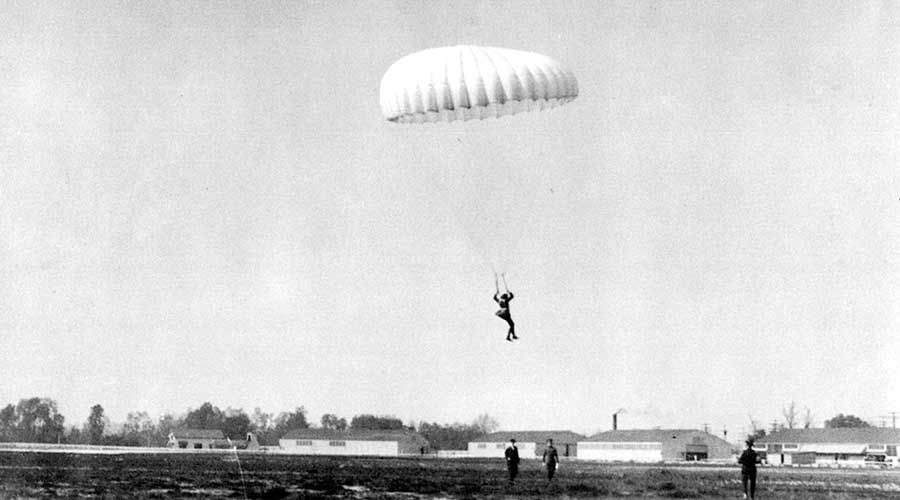BOOK OF THE WEEK
- 13 Jan - 19 Jan, 2024

The album The Rolling Stones, released in the United States with the added title, England's Newest Hit Makers, topped the UK charts for 12 weeks.

The state of war between the Netherlands and the Isles of Scilly had been extended for a total of 335 years by the lack of a peace treaty. Some historians doubt that war had ever been declared.

Six counties in the northern part of the island remained in the Commonwealth, leading to a decades-long ethno-nationalist conflict that culminated in ‘The Troubles’.

The jump was executed to test a new kind of parachute, which was also the first featuring a ripcord. The Hollywood stuntman broke a leg on landing.

Dan Gavriliu, a Romanian surgeon, performed the first total surgical replacement of the human esophagus, using sections of stomach to bypass damaged tissue.

Polish astronomer Aleksander Wolszczan in 1992, announced that he has found two exoplanets which are orbiting the pulsar PSR 1257+12.

Fibre-optic technology allows sending information over long distances by means of light pulses. It played an important role in the development of modern-day global communications.
COMMENTS